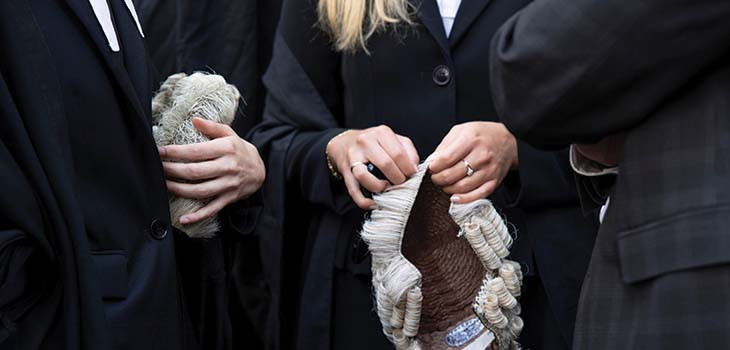
- Since June, members of the Criminal Bar Association (CBA) have been undertaking industrial action following years of damagingly low legal aid funding.
- The government’s latest proposal for a 15% fee increase remains unacceptable to the CBA given that the rise does not apply to the extensive backlog of existing cases.
Barristers specialising in criminal law in England and Wales began a series of strikes over legal aid funding on Monday 27 June, and there have been several days of court walkouts between Monday 18 and Friday 22 July. Members of the Criminal Bar Association (CBA) assert that their legal aid case funding is too low, and they are calling for a 25% increase. The CBA, which represents criminal barristers in England and Wales, announced the strikes after a ballot of members. It said 81.5% of its more than 2,000 members supported industrial action. The strategic timing of the action could not be worse









